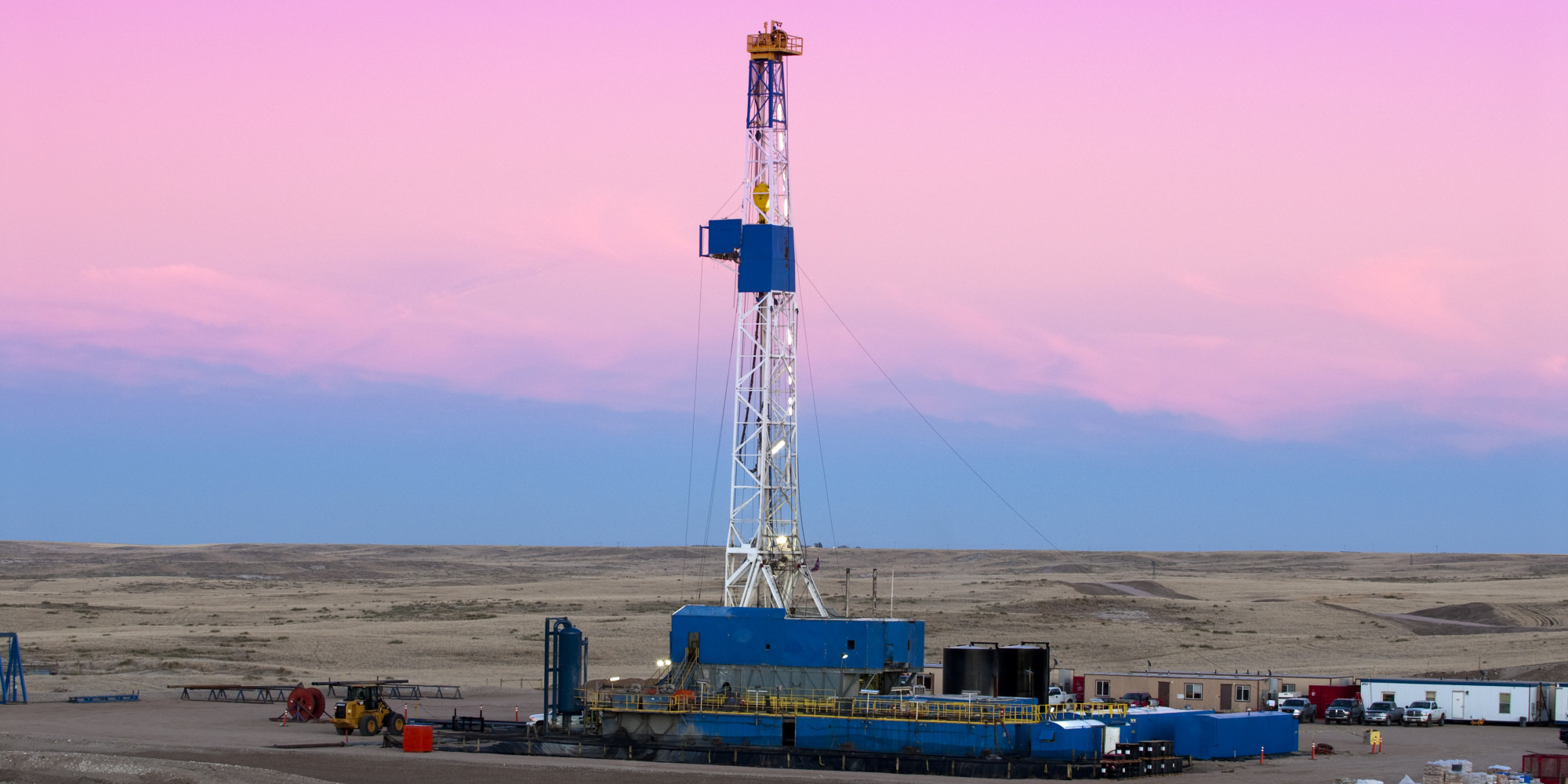Few weeks back, the Center of Sustainable Shale Development (CSSD), based in Pittsburgh, Pennsylvania, US, announced its certification of Shell’s Appalachian operations as having successfully completed CSSD’s 15 Performance Standards. [7] As fracking is recently extensively utilized across the world, this news brings some thoughts to current energy industry.
According to BBC, fracking (aslo known as hydraulic fracturing) is a process of drilling down on the earth with high pressure of water mixture, which is composed of water, sand, and some special chemicals to release the gas inside the rocks. [3]
Easily accessible fossil fuels are almost gone that fracking is referred to be the next step to efficiently extract difficult-to-reach resources of oil and gas to sustain our current energy consumption rate. Natural gas is referred to be cleaner than coal as it releases fewer carbon emissions than burning coal and generates electricity at half the CO2 emissions of coal. However, fracking still leads to several environmental concerns.
First of all, fracking requires huge amount of water. According to Eoin Madden of B.C.’s Wilderness Committee, B.C. as one of the world’s largest place for hydraulic fracturing, “There are currently permits in B.C. gifting the gas industry 60 million gallons of our freshwater – from 540 of our creeks, rivers, and lakes – every single day. To put this amount into perspective, that’s twice the amount the city of Victoria uses on daily basis.” [6]
Also, the chemicals included in the water mixture can potentially escape that multiple studies have shown these may contaminate the groundwater. [1] Last but not least, fracking increases in seismic activities. As the British Columbia Oil and Gas Commission report states, “Fracking caused hundreds of seismic events in the Montney basin area surrounding Fort St. John and Dawson Creek between August 2013 and October 2014, including 11 earthquakes that could be felt on the surface.” [4]
Recently, hydraulic fracturing significantly boosted the oil production across US and Canada and it is estimated to offer gas security over next several decades. [1] However, it is a simple band-aid strategy to delay the inevitable end of the fossil fuel usage.
As Thomas Friedman, the author of Hot, Flat, and Crowded, states, fracking must not be relied upon for long-term. Rather, fracking should be short-term basis only, while we quickly transition to a sustainable, renewable energy future. It is imperative to continue developing renewable energy technologies and government should provide political and economical incentives to implement such technologies. [1]
References:
[1] http://blogs.worldwatch.org/sustainabilitypossible/fracking-solution-or-problem/
[2] http://thetyee.ca/News/2015/01/10/Fracking_Industry_Shakes_Up_Northern_BC/
[3] http://www.bbc.com/news/uk-14432401
[4] http://www.biv.com/article/2015/1/fracking-triggered-hundreds-earthquakes-northern-b/
[5] http://www.bp.com/en/global/corporate/sustainability/the-energy-future/unconventional-gas-and-hydraulic-fracturing.html
[6] http://www.canadians.org/sites/default/files/publications/fracking-across-canada.pdf
[7] https://www.sustainableshale.org/news/
